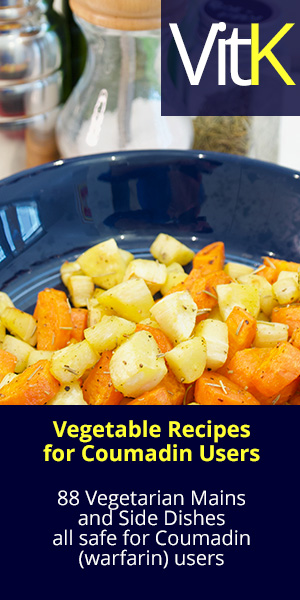
Is drinking coffee good for you?
In one study of coffee consumption, researchers in Italy enrolled over 11,000 recent heart attack sufferers in research lasting three and a half years. At the beginning of the study, and at regular intervals throughout, the subjects were interviewed regarding their diet, including specifically their coffee intake. The diet and coffee consumption of those subjects who experienced another heart attack or a stroke during the study were compared with those subjects who didn't have any problems.
After controlling for the subject's age and gender there was no association between coffee drinking and heart attack or stroke, showing no greater or reduced risk. Further analyses, controlling for various factors such as smoking, diabetes, and obesity, had the same results: again, no increase OR reduction in risk. It appeared that coffee drinking made no difference. (Circulation 2007;116:000-000)
In another study, researchers found that people who increased their coffee intake had a lower average weight gain than their peers. Those men who drank an additional cup and a half of coffee per day gained a little less than half a kilogram, while women who drank a single additional cup per day gained slightly less than the men. Interestingly, those who drank more decaffeinated coffee seemed to gain weight.
One surprising result was that women whose BMI was over 25, those who smoked, or those who were less physically active seemed gain even less weight when increasing their caffeine intake. (Am J Clin Nutr 2006;83:674-80)
The Nurses' Health Study is a research study established in 1976 that includes over 121,700 women. It continues to the present day, with questionnaires sent to the participants every two years. As part of the research, the nurses' blood was drawn in 1990 and analyzed for markers of inflammation that might be associated with heart attack and stroke.
It was found that the more caffeinated coffee that diabetic women drank, the lower were those markers of inflammation and dysfunction of the arteries. On the other hand, higher levels of decaffeinated coffee intake by the healthy women was associated with even lower levels of inflammatory markers and dysfunction of the arteries. (AJCN 2006;84:888-93)
Another study followed over 28,000 women, aged 55 to 69, for eleven years via mailed questionnaire and telephone interview. The researchers wanted to look at post-menopausal women to assess the impact of coffee drinking on their risk of developing diabetes.
The more coffee the women drank, the lower their risk of developing diabetes: those who drank more than six cups per day reduced their risk by 34%! The surprising and different result, however, was that when the researchers differentiated between caffeinated and decaffeinated coffee, those women who drank more than 6 cups of decaffeinated coffee per day reduced their risk even further—by 42%.
What's especially interesting about this study is that these women's risks were reduced despite the fact that women who drank more coffee tended to drink more alcohol, smoke more, exercise less, and get more high-fat dairy foods and less fiber in their diet than those who drank less coffee.
Clearly there's something in coffee that's protecting people, and it's also clear that it's not necessarily the caffeine. Researchers speculate that it's the antioxidants in the coffee. Indeed, coffee is the single largest source of antioxidants in the Western diet. (Arch Intern Med 2006;166:1311-1316).
Another study looked at the relationship between coffee drinking and health issues like cardiovascular disease, cancer (other than skin cancer), Parkinson's disease, gallstones, cirrhosis of the liver, and diabetes. These diseases have a strong inflammatory component and the speculation is that the antioxidants in coffee help to control that inflammation.
Participants were 27,312 postmenopausal women between 55 and 69, without heart disease or other inflammatory diseases, who were followed for 15 years.
The findings were consistent with previous studies: the more coffee a participant drank, the lower the total death rates for all studied causes. This remained true even after controlling for age, smoking, and alcohol intake, even though women who drank more coffee tended to smoke and drink more. (AJCN 2006;83:1039-46)
None of this means that you should start drinking coffee if you don't like it, but if you are a fan of coffee, don't worry. It's OK.
Eating Healthy: the Basics
The How and Why of healthy eating. Everything from why you should eat breakfast to whether red meat or coffee is bad or good for you, all in straightforward terms.



